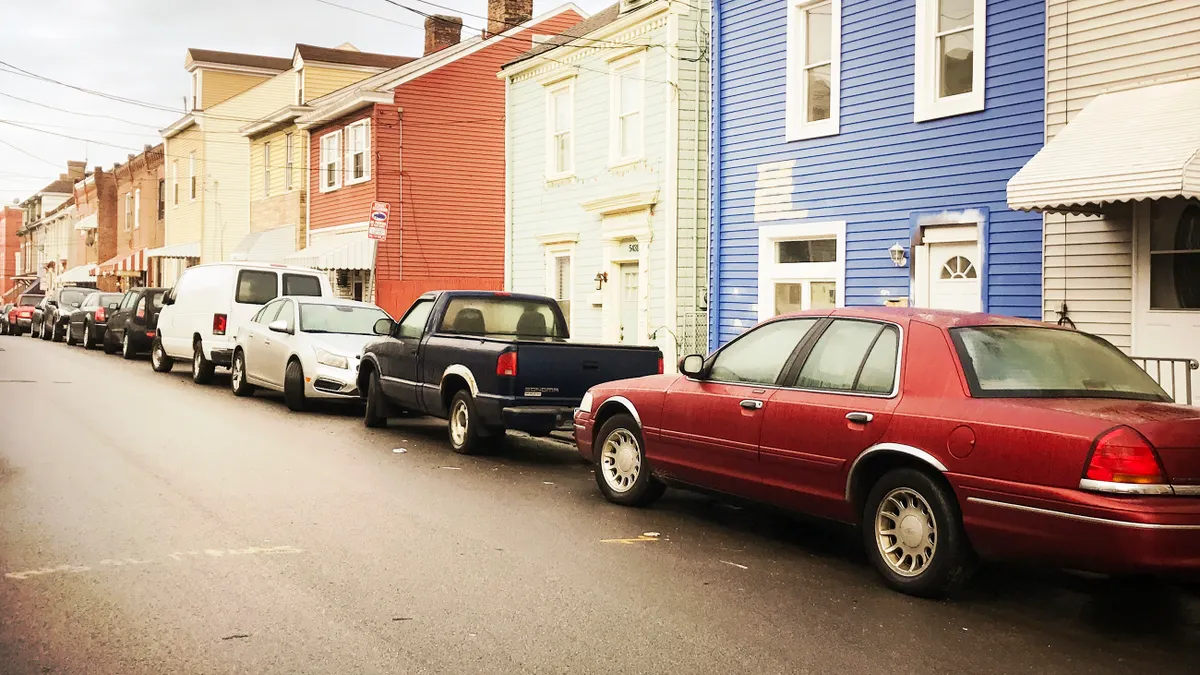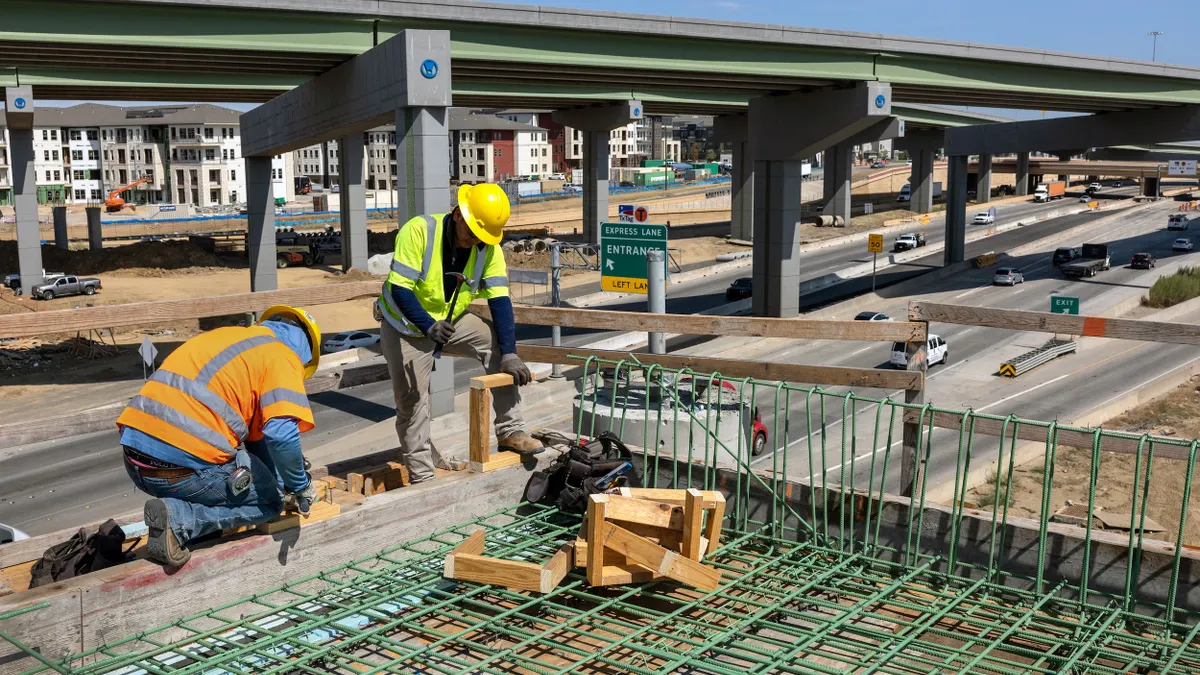With cities focused on the challenges that face them and their citizens, a new wave of technology companies are stepping up to help, led in part by the likes of URBAN-X.
A startup accelerator based in Brooklyn, NY, URBAN-X works with early-stage companies and provides them with 20 weeks of development, helps them network and then give them guidance on raising capital.
It recently announced its fourth cohort of startups, with a focus on challenges around cities including government procurement, mobility, energy, food, water and waste. And each year, it goes on what it dubs a "world tour" to spread the word about its work, while also hosting events to discuss pressing issues like the need for congestion pricing in New York City.
Kansas City, MO is one city that does similar work with its Innovation Partnership Program, part of a trend URBAN-X Managing Director Micah Kotch said shows that the relationship between technology companies and the cities where they are based is growing at a fast pace.
Kotch caught up with Smart Cities Dive recently to discuss URBAN-X's work with startups, how tech companies are realizing how they can help the cities where they are based, and how the public and private sectors can continue to collaborate.
This interview has been edited for clarity and brevity.
SMART CITIES DIVE: With 400 applicants for 10 spaces, how do you choose startups for the program?
MICAH KOTCH: It's not an easy process. We get applications from all around the world, and fundamentally we look for a really strong team that we believe in, that we want to take a call at 3 a.m. from the founder. [First] is do we believe in the team; are they coachable, are they going to be intentional about the culture that they're creating? Secondly, are they solving really big problems? One of the threshold questions that we ask is, do we think that the team has an opportunity to positively impact 100 cities over the next five years? I think the other thing that we ask is what is the timing, and can we have a material impact during the five months that the company is with us?
How do you find ideas that scale like that?
KOTCH: We try to stay really close to the market and understand where there are these society-scale problems. I don't think there's any lack of those big problems. I think there's a number of cities that, whether those are tier one, tier two or tier three cities that are struggling with similar challenges in energy for example, or in infrastructure or in waste systems or in better ways to connect with their citizens and serve their citizens in a more efficient way. I think we look to industry and our mentors in our network to help us think about where the problem areas are. And entrepreneurs tend to be really good at responding to those needs. At the end of the day, they're problem solvers.
Does it feel like more cities are using tech companies to help them solve their problems?
KOTCH: I think there is a clear link to economic development priorities, and a realization that startups can be more flexible and nimble in solving problems, whereas large multinational companies have margins they have to defend, have legacy development costs that are baked into their processes. We're really bullish on the idea that startups can solve emerging problems within the urban landscape, and ultimately can respond to the changing needs of customers in a way that sometimes legacy companies can't. If you look at some recent developments like in the mobility space, companies like Bird or Lyft or Motivate are really great examples of that.
On the other side of the coin, do you find technology companies are wanting to get involved civically?
KOTCH: I think so. It's interesting, because I think the big tech companies like Airbnb and Uber, I think there's this growing realization that some of the innovations have had unintended consequences. So one of the things that we try to do with the companies we work with is really help them understand the full spectrum landscape and context of working with cities and get the product market fit in a way where they're viable, venture-backable businesses and have real upside for citizens and for municipalities.
"We're really bullish on the idea that startups can solve emerging problems within the urban landscape, and ultimately can respond to the changing needs of customers in a way that sometimes legacy companies can't."

Micah Kotch
Managing Director, URBAN-X
There has traditionally been mistrust between tech companies and government. How do you break that down and get them to work together?
KOTCH: I think there's no silver bullet. I think it's a process. I think in many cases startups speak a different language from public officials, but I think there's a shared goal of really improving the way people live. Where there are distinct opportunities for collaboration, I think we try to encourage relationship-building so that the exchanges are mutually valuable.
How does the future look for URBAN-X?
KOTCH: I think the mobility question and the advent of autonomous, connected, electric and shared vehicles is one we're really excited about. MINI is an urban electric mobility company and is incredibly excited about [those] opportunities, and I think we see some really good opportunities not only on the vehicle side but mobility broadly and also the intersection of mobility with planning and infrastructure and other kinds of services. That's one. No. 2, in the real estate construction tech space, that's an area where we also see a lot of change, a lot of need, a lot of opportunity. Then, I think the third area is we're also excited about the energy opportunity. I think the distributed energy trend is not going away any time soon, even though there's a lack of federal policy leadership there. I think we will continue to see our portfolio of companies attract capital to help define what comes next in that space.


















